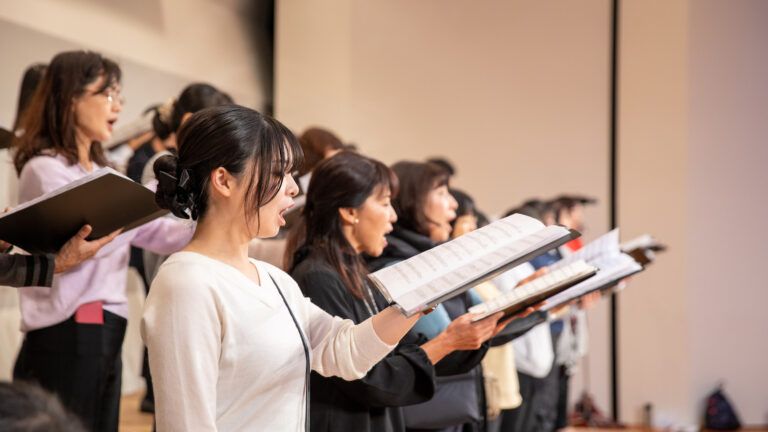Not long ago, I had been away on a business trip for a week or so, and when I returned, my four-year-old granddaughter, Calleigh, excitedly showed me a “letter” she had written to me while I was gone.
It was a single page, filled with colorful scribbles and swirls. One or two of the shapes looked like a sun or a flower and parts of it resembled handwriting. But, of course, there was not a single word on it, because Calleigh had not yet learned to spell or write.
So I asked her to read it to me. She said, “Dear God, I love God. No, wait. I’ll start again. Dear Crappaw, I love Crappaw. Thank you for giving me a good day. I love Crappaw. Dear Calleigh.”
I saved the letter and soon recorded her exact words in my journal. I treasure both.
Jesus depicted prayer as something like a child approaching a loving parent (or grandparent). Our words may be primitive. Our prayers may be simple, even painfully so. But God treasures every one. As Richard Foster wrote, “In the same way that a child cannot draw a bad picture so a child of God cannot offer a bad prayer.”
And, just as Calleigh’s letter could hardly have been simpler—or better—our simplest prayers are the best prayers we can offer, especially when they include four of the simplest, easiest, most basic things we can bring to them:
1) Show Up
Author and philosophy professor Peter Kreeft wrote in his book, Prayer for Beginners:
“The holy Curé of Ars once noticed an old peasant praying alone in church every day before the Eucharist. The Curé asked the peasant what he did when he prayed, and his answer was the most perfect description of contemplative prayer: ‘I look at him, and he looks at me’….That is all. By a simple act of the will, turn your attention to him.”
Film director and actor Woody Allen is often quoted as saying, “Eighty percent of success is showing up.” That is certainly true of prayer. Simply turn your attention to God; that is the beginning of prayer, and it is often the great majority of it as well.
2) Trust
The soul that prays, trusts. The soul that trusts, prays. Wherever you are, remind yourself that God is there. Believe that he is listening. Remember that he is good and loving, and that he knows what you need before you even begin to pray. “The best prayer,” Julian of Norwich said, “is to rest in the goodness of God, knowing that that goodness can reach down to our lowest depths of need.”
3) Listen
“It makes no sense for us to do most of the talking,” Kreeft says. “We ought to be listening most of the time.” It may take time and practice before you can differentiate between the voice of God and the voices in your own head, but it is well worth it to try. This is why silence and solitude are so conducive to prayer; they help us develop listening skills.
You may want to repeat the prayer of Samuel: “Speak, your servant is listening” (1 Samuel 3:10, NLT). You may find it easier to listen while walking in the woods or sitting alone in a country chapel. You may meditate on the words of author Robert Benson: “I need to listen, listen for the prayer of God that is rising in my heart, perhaps for the prayer that I should be praying rather than the one I am praying.”
4) Ask
Remember, “your Father knows what you need before you ask him” (Matthew 6:8, ESV). So ask. Simply. Do as Richard Foster suggests:
“In Simple Prayer we bring ourselves before God just as we are, warts and all. Like children before a loving father, we open our hearts and make our requests. We do not try to sort things out, the good from the bad. We simply and unpretentiously share our concerns and make our petitions. We tell God, for example, how frustrated we are with the co-worker at the office or the neighbor down the street. We ask for food, favorable weather, and good health.”
Show up. Trust. Listen. Ask. “On all occasions with all kinds of prayers and requests,” the Bible says (Ephesians 6:18, NIV). “In every situation, by prayer and petition, with thanksgiving, present your requests to God” (Philippians 4:6, NIV). “Be direct. Ask for what you need” (Matthew 7:7, The Message). Just ask. And keep on asking.
(This post is adapted from my book, The Red Letter Prayer Life: 17 Words from Jesus to Inspire Practical, Purposeful, Powerful Prayer.)




